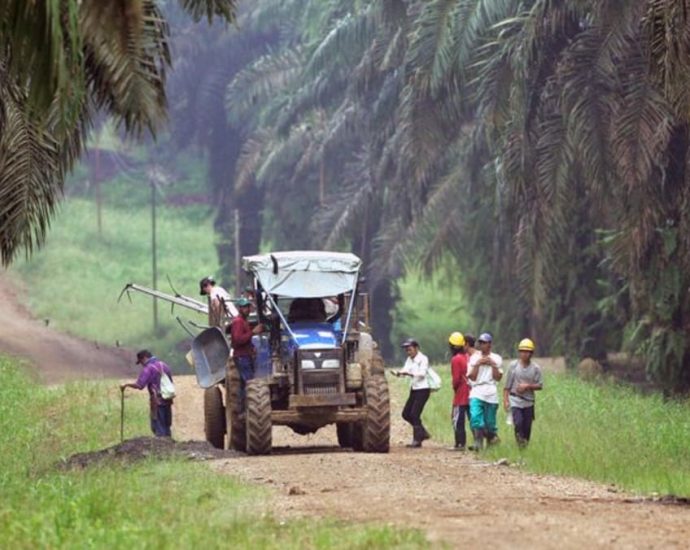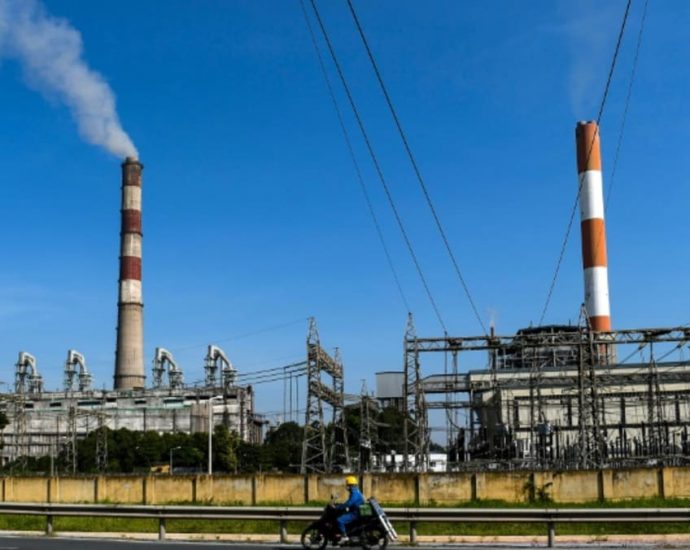Thailand’s new carbon tax won’t move the climate needle yet, but could push region to tackle emissions together

Like in Singapore, the tax rate and types of industries targeted in Thailand are expected to expand. For example, a higher tax could eventually be introduced to battery production and the transport or manufacturing sectors.
“As the time goes by, we will see an increase from 200 baht per tonne. How high, we don’t know. There’s no ceiling,” said Associate Professor Wongkot Wongsapai, deputy director of the Multidisciplinary Research Institute at Chiang Mai University.
The tax will be part of a broader legislative package under the Thailand Climate Change Act, expected to take one to three years to implement and could include mandatory emissions reporting, a formal climate change fund and an emissions trading scheme where firms can buy and sell carbon credits.
Under such a scheme, the government would set a cap or a maximum amount of emissions allowed, and a firm that manages to reduce its emissions below that cap could sell its extra allowance to a high-polluting firm.
“That would allow those companies to have more flexibility … They can purchase carbon credits or they may install new technologies instead,” said Assoc Prof Nattapong Puttanapong from the Faculty of Economics at Thammasat University.
“Maybe the new technology might be too expensive, so you just trade the credits, or if you realise that the new technology is affordable enough, (you) can implement them,” he explained.
COULD MALAYSIA, INDONESIA BE NEXT?
Other countries in the region have also taken steps on carbon pricing.
Indonesia was supposed to introduce the tax in 2022 but postponed its implementation to 2025, saying it needs time to make sure the scheme would not clash with existing laws and regulations.
A Malaysian minister said this month the country will have to start implementing carbon pricing to facilitate carbon trading, and look into carbon taxing as its trade partner the European Union (EU) prepares to start its Carbon Border Adjustment Mechanism (CBAM) in 2026.
The CBAM puts a carbon emissions price in the form of a tariff on imported goods and aims to level competition, ensuring that EU-produced goods subject to a carbon tax do not lose out to imported goods without one imposed.
“Under CBAM, the export of steel and the other five listed items from Malaysia will be taxed by the EU, unless Malaysia collects the tax,” said the country’s investment, trade and industry deputy minister Liew Chin Tong, as reported by news agency Bernama.
“Carbon pricing, trading, and taxing are crucial aspects of the decarbonisation agenda.”
With the CBAM, the Thai government will negotiate with the EU to ensure Thai exports are not penalised twice – once the carbon tax is active – and allow Thai products to be promoted as more climate-friendly.



